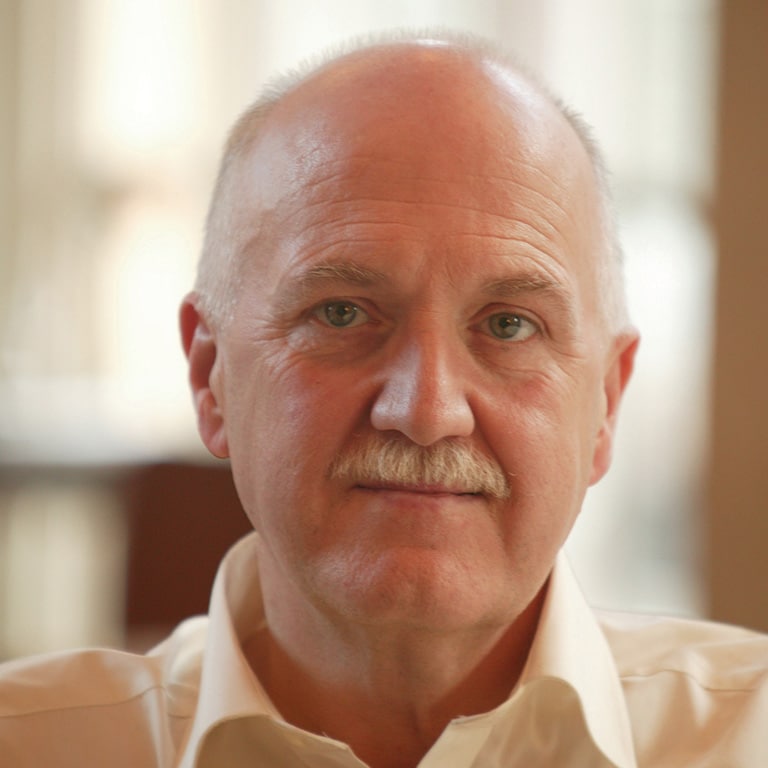The Unmet Needs: Why Modern Life Leaves Us Unhappy, Explained by Joe Griffin
Many achieve success, expecting happiness, yet a widespread reality is deep sadness and disconnection. This inner struggle is especially common among younger generations

In a recent episode of Khan Klinics powered by American Muslim Today, Dr. Amir Khan spoke with Joe Griffin. Griffin is a well-known contemporary psychologist and co-creator of the Human Givens approach. Griffin trains psychotherapists in effective methods for various psychological issues. He offered a clear, powerful way to understand and overcome mental health challenges.

Joe Griffin, Co-Founder of Human Given Approach
The Human Givens Approach: Mental Illness and Unmet Needs
Griffin states a powerful truth about mental illness. He says, "Mental illness is not an enigma. It is not some deep, dark mystery." He believes it’s much simpler than we think, and this core belief forms the basis of the Human Givens approach.
He explains, "Mental illness is the result of people not being able to get needs met." This means our minds struggle when basic physical and emotional needs are missing. The Human Given Approach focuses on identifying these unmet needs, such as the need for security, connection, status, and meaning, and then provides practical ways to help individuals fulfill them.
When we can’t meet these human needs, problems arise. Griffin's approach focuses on finding what’s missing. Then, it helps people fulfill those vital requirements.
Why Too Much Dreaming Can Wreck Your Mental Health?
Dreaming isn’t just a weird nighttime movie — it’s your brain’s way of cleaning up emotional messes. But here’s the catch: if you're too stressed during the day, your brain over-dreams at night. Griffin explains that this over-dreaming leaves you exhausted, foggy, and anxious the next day.
Depression, he said, is often connected to this broken dream cycle. His point is simple but powerful: sleep isn’t just about rest — it’s emotional maintenance. And when it breaks, so do we. Moving Forward: Action Over Endless Talk
Moving Forward: Action Over Endless Talk
Griffin challenges common ideas about therapy. He argues that endlessly discussing past trauma isn't always the answer. Instead, his focus is on action and meeting current needs.
He states, "What prevents mental illness is a life that works." This means mental health comes from living a fulfilling life. The key is to remove barriers that stop us from getting our needs met.
Griffin’s method is about practical steps. It encourages us to actively "do things" that help us connect, learn, and find meaning. This focus on engagement helps build a life where needs are naturally met.
The Blueprint for a Better Life Starts Here
Griffin offers a message of profound hope. He believes mental wellness is within reach for all. It's not about complex scientific techniques. It's about empowering people to build "a life that works."
This involves practical changes. It means getting enough sleep, finding ways to process emotions, and actively working to meet our basic human needs. This simple yet profound approach can transform lives.
Dr. Khan praised Griffin’s "brilliant, simple, yet very profound approach." He emphasized its potential to transform society. If this conversation resonated with you, Dr. Khan urges you to share this vital message.
